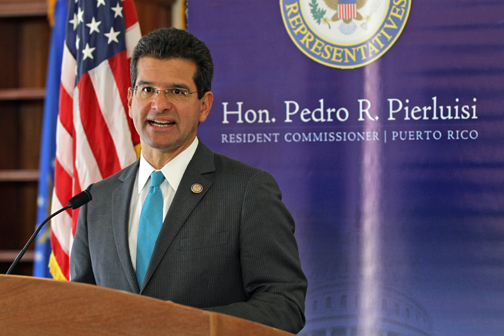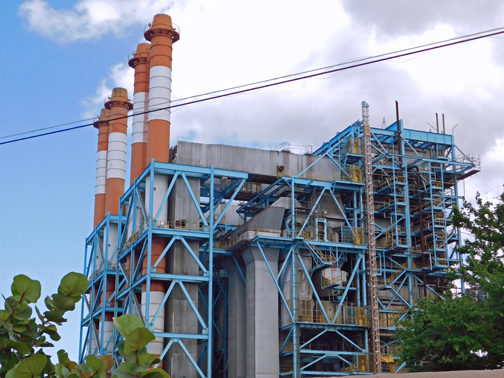Groups that sued gov’t over Recovery Act react to ruling

The creditors who sued the Puerto Rico government over the legality of the Debt Enforcement and Recovery Act said Tuesday the decision by the U.S. Court of Appeals to uphold a San Juan court’s determination that it was unconstitutional “protects bondholders across the United States.”
In a joint statement, Franklin Advisers Inc. and OppenheimerFunds, said the Boston court’s ruling that said the Act passed last year was pre-empted by the U.S. Bankruptcy Code, will prevent other states from attempting to enact a similar statute.
“The First Circuit found that Congress had reserved to itself the power to authorize a bankruptcy proceeding for Puerto Rico’s municipalities. The Court held that preemption ‘follows straightforwardly from the plain text and is confirmed by both statutory history and legislative history,’ and rejected the Commonwealth’s ‘unsound and unsuccessful alternative readings’,” the creditors said.
Late Monday, the stateside court shot down the government’s appeal for the validation of the Debt Enforcement and Recovery Act through which it sought to restructure more than $18 billion in bonds issued by three troubled agencies: the Puerto Rico Electric Power Authority, the Puerto Rico Aqueduct and Sewer Authority and the Highways and Transportation Authority.
“We continue to work with the Commonwealth and Puerto Rico’s electric company toward a mutually agreed upon revitalization plan, and expect to work with the Commonwealth generally to develop reforms that holders of Puerto Rico’s bonds can support,” Franklin Advisers Inc. and OppenheimerFunds said.
The mandate was challenged last year at the U.S. District Court of San Juan, which declared it unconstitutional, leaving the Puerto Rico government without a mechanism to rework its debt through the courts. Puerto Rico does not fall under the jurisdiction of the U.S. Bankruptcy Code’s Chapter 9 provisions — a circumstance it is currently lobbying Congress to change.
In February, Resident Commissioner Pedro Pierluisi filed HR 870, known as the “Puerto Rico Chapter 9 Uniformity Act,” which seeks state-like treatment for the Commonwealth.
“The Court of Appeals has concluded that ‘Congress preserved to itself that power to authorize Puerto Rican municipalities to seek Chapter 9 relief.’ This means that Puerto Rico has one option and one option only, namely to ‘turn to Congress for recourse,’” Pierluisi said.
Earlier in the day, Gov. Alejandro García-Padilla said the Boston court’s decision “is unfortunate and disappointing. For now, it deprives Puerto Rico of a legal tool to handle the obligations of its public corporations and instrumentalities in an orderly manner.”
The government is evaluating whether to challenge the decision by the Court of Appeals at the U.S. Supreme Court.










